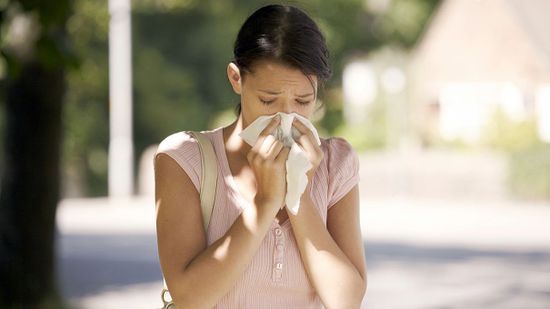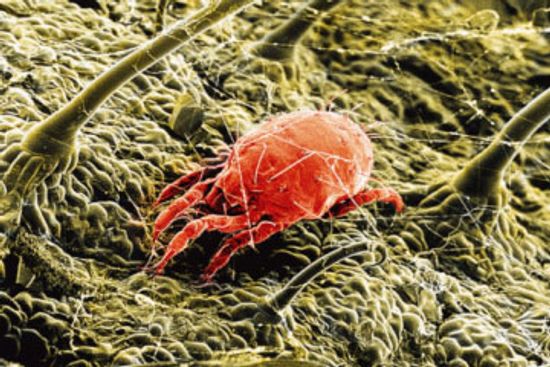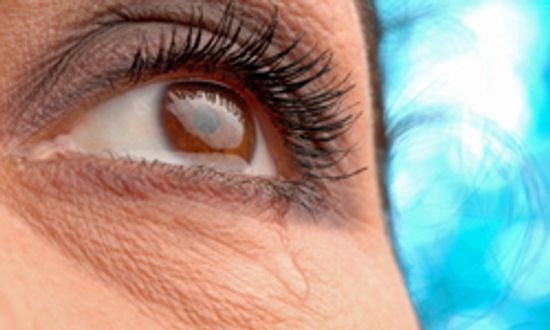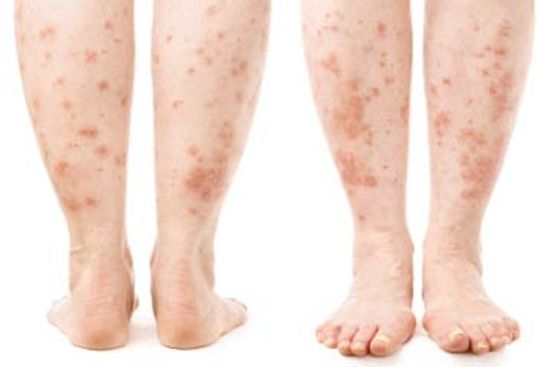Allergies
Food, animal dander and the environment are all reasons that some people experience allergic reactions. Learn about the types of allergies and treatment options.

Why Severe Allergies Can Suddenly Pop Up in Adulthood

Can You Be Allergic to Your City?

Nothing to Sneeze at: Allergies May Affect the Brain

Goodbye to Allergies? Scientists Discover How to Trick Body's Immune System

What does epinephrine do for anaphylaxis?

Top 5 Cat Allergy Symptoms

What Are Some Symptoms of Feather Allergy?

What are some symptoms of allergies to horses?

Why There Is So Much Confusion About Who Has Food Allergies

Adult-onset Food Allergies Are More Prevalent Than Previously Believed

Your Hay Fever Could Make You Allergic to Some Fruits

Is it possible to completely get rid of dust mites?

What are some signs of alternaria mold allergies?

What house plants can cause allergies?

Can Pollen Allergies Make You Tired?

The Science Behind the Pollen Count

Ragweed is Rampant! Learn How to Treat a Ragweed Allergy

How long do skin allergy breakouts last?

Can red wine cause skin rashes?
